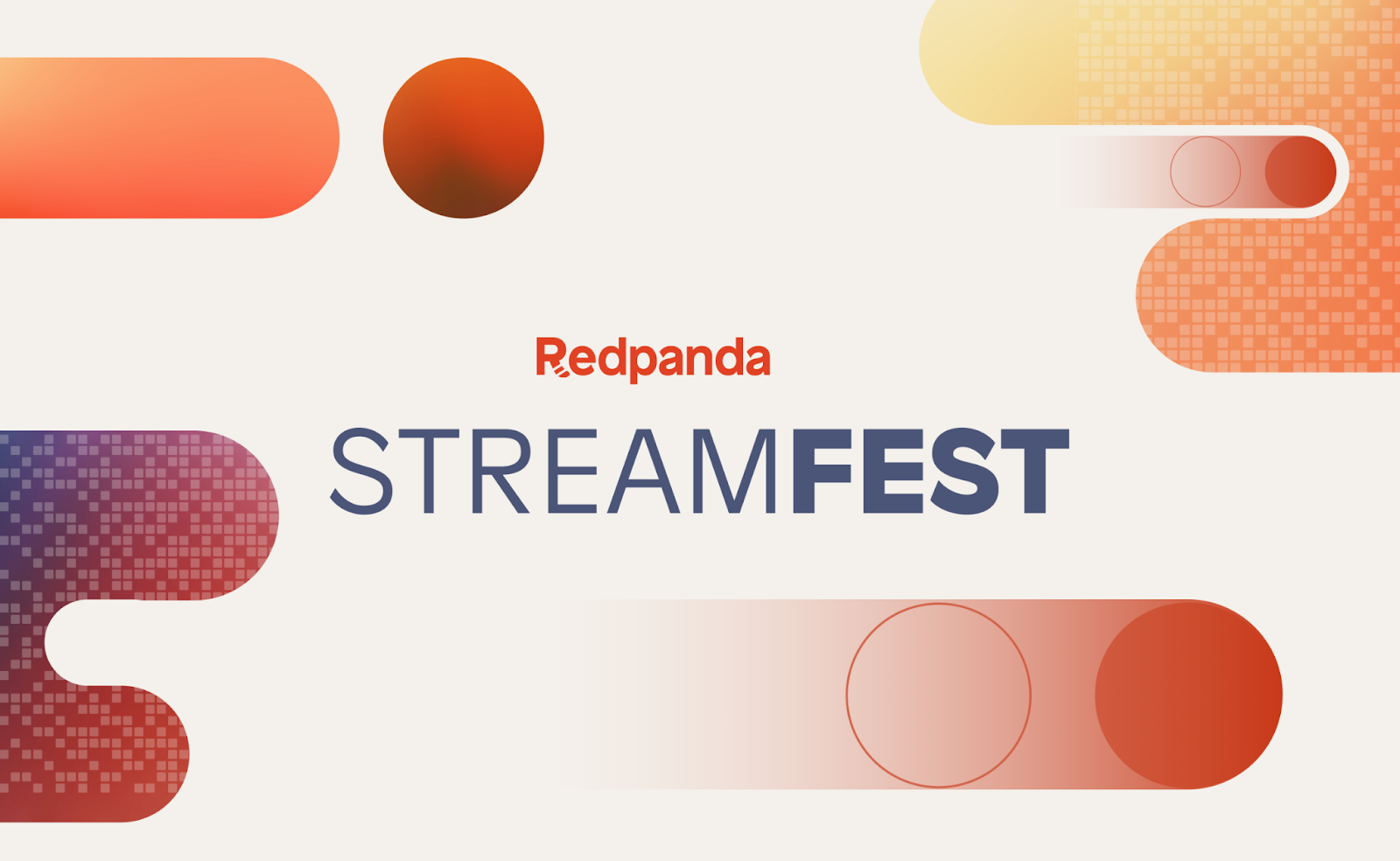
Gaming has long been a booming industry, but growth skyrocketed after the pandemic as millions turned to gaming as their digital escape. According to the Global Entertainment & Media Outlook report by PwC, the global gaming industry is expected to be worth more than $320 billion by 2026.
To keep up with the ever-increasing demand, today’s game developers are having to rethink the underlying architecture of their gaming platforms. One major challenge is that many games now deal with millions of gaming events per second (such as player interactions, game telemetry, chat messages, and player rankings). As a result, game developers are in need of a streaming data platform that can provide high-speed data processing, low-cost scaling, and simpler operations and maintenance.
This post is the first in a series dedicated to real-time data streaming and processing for the gaming industry. We’ll show you how Redpanda can help you level up your gaming development for five real-world gaming use cases:
- Online player leaderboard
- Real-time game data analysis
- Monetizing real-time ads
- Real-time communication
- Live player matching
To start, let’s get into the struggles of scaling your architecture for real-time gaming.
The challenges of real-time gaming architecture
Real-time data streams (such as player interactions, game telemetry, chat messages, and player rankings) are critical to great gaming experiences. Games nowadays often deal with millions of events per second and require a streaming data platform that can truly serve as a central nervous system, ensuring game companies and players alike are capturing the value of real-time data.

Unfortunately, most streaming data platforms rely on technology built for the previous generation of games. Apache Kafka® is a common option, but while it can secure reliable storage of events before processing, it becomes slow and expensive as you scale.
Today, we need a streaming data platform built to meet modern gaming demands. A solution based on an event-driven architecture that’s easily scalable, highly available, and capable of handling terabytes of streaming data per day with single-digit millisecond latencies. (Because if there’s anything that will frustrate a gamer , it’s lag.)
This is where Redpanda steps in.
Meet Redpanda: the faster, simpler streaming data platform
Redpanda is a Kafka-compatible streaming data platform designed from the ground up to be lighter, faster, and simpler to operate. Redpanda’s high-performing nature optimizes every last byte to give you 10x lower latencies and 6x lower cloud costs compared to Kafka—without sacrificing your data’s reliability or durability.

Here’s why gaming companies are choosing Redpanda for their data pipelines, streaming analytics, microservices, data integration, and mission-critical applications:
- Simplified architecture: Deployed as a single binary, Redpanda is free from Apache ZooKeeper™ and Java Virtual Machine (JVM). This means leaner operations, a lower compute footprint, and fewer gray hairs for your engineers.
- Fast data ingestion: Built in C++ with a thread-per-core architecture, Redpanda enables ingesting events from hundreds of thousands of concurrent players at a higher throughput to deliver performance at scale.
- Reliable and scalable: Redpanda can swiftly scale to handle gigabytes of data per second with no impact on latency or reliability, then distributes that data across multiple AZs for redundancy. It’s also Jepsen-tested to keep both real-time and historical data safe.
- Cost-effective: Less infrastructure required for the same workloads—with better performance. Redpanda’s cloud-first storage efficiently manages large amounts of data and offers flexible deployment options, including BYOC (Bring Your Own Cloud).
[CTA_MODULE]
Common use cases for real-time game development
Now that you’re familiar with Redpanda, here are five main use cases where optimized performance and lower cloud costs are needed now more than ever:
- Real-time online leaderboards: Players expect instant feedback in multiplayer games, which means you can’t trade speed for accuracy when processing game events for a real-time leaderboard. Today’s games need unbreakable leaderboards that can scale across millions of concurrent users. For this, developers need a fast, reliable, and flexible real-time infrastructure.
- Real-time game data analysis: Speed is critical in gaming analytics, and effective real-time analytics must deliver accurate insights as they happen. This means streaming platforms are tasked with translating large amounts of data into insights, telemetry, progression, quality, and ads metrics in seconds.
- Monetizing real-time ads: Everyone knows the value of displaying the right ad at the right time. Successful in-game personalization can recommend timely purchases that lead to more wins. This requires establishing a real-time analytics infrastructure to collect, analyze, and act upon player engagement events in their blink of relevancy.
- Real-time communications: Moderation needs to keep up with ongoing chats to solve conflicts and fix bugs fast. A real-time chat application must often scale to support millions of concurrent users, with SLAs for millisecond latency, plus reliability and durability requirements to prevent message loss.
- Faster player matching: Matching players equal in skills is a complex task often solved with machine learning algorithms run by third-party engines. But communicating with an external matchmaking service is challenging for game developers, especially when hundreds of thousands of players request the service simultaneously.
Redpanda provides a simple, unified streaming data platform with everything you need to solve these five use cases and many more.

Bottom line: Redpanda makes it easier to build real-time gaming applications at scale—at a much lower cost. The next posts in this series will take a deep dive into each use case with a practical solution you can build yourself using Redpanda.
Power up your game development with Redpanda
The gaming industry is growing exponentially, but latency issues and ever-increasing cloud infrastructure costs are holding many organizations back. Redpanda optimizes cloud resources, cuts total costs, and keeps gamers happy with minimal latencies and seamless online experiences.
Subscribe to our mailing list so you don’t miss out on our upcoming posts in this series, where we’ll get technical with step-by-step examples on how to build the solutions for each gaming use case with Redpanda. If you’re eager to get started, you can find them all in our Redpanda GitHub repo. You can also download our full report on how to turbocharge your games with Redpanda.
Think Redpanda can help you level up your real-time gaming stack? Join the Redpanda Community on Slack or contact us and one of our team will be in touch.
Related articles
VIEW ALL POSTSLet's keep in touch
Subscribe and never miss another blog post, announcement, or community event. We hate spam and will never sell your contact information.














